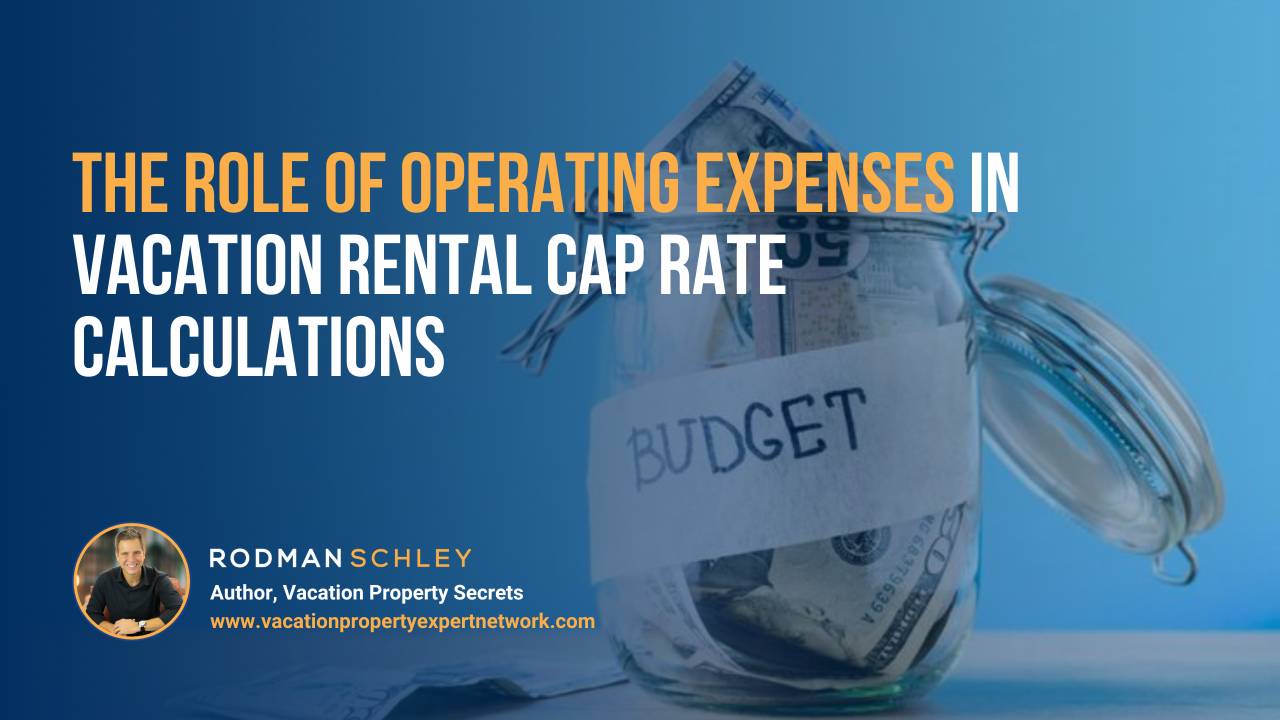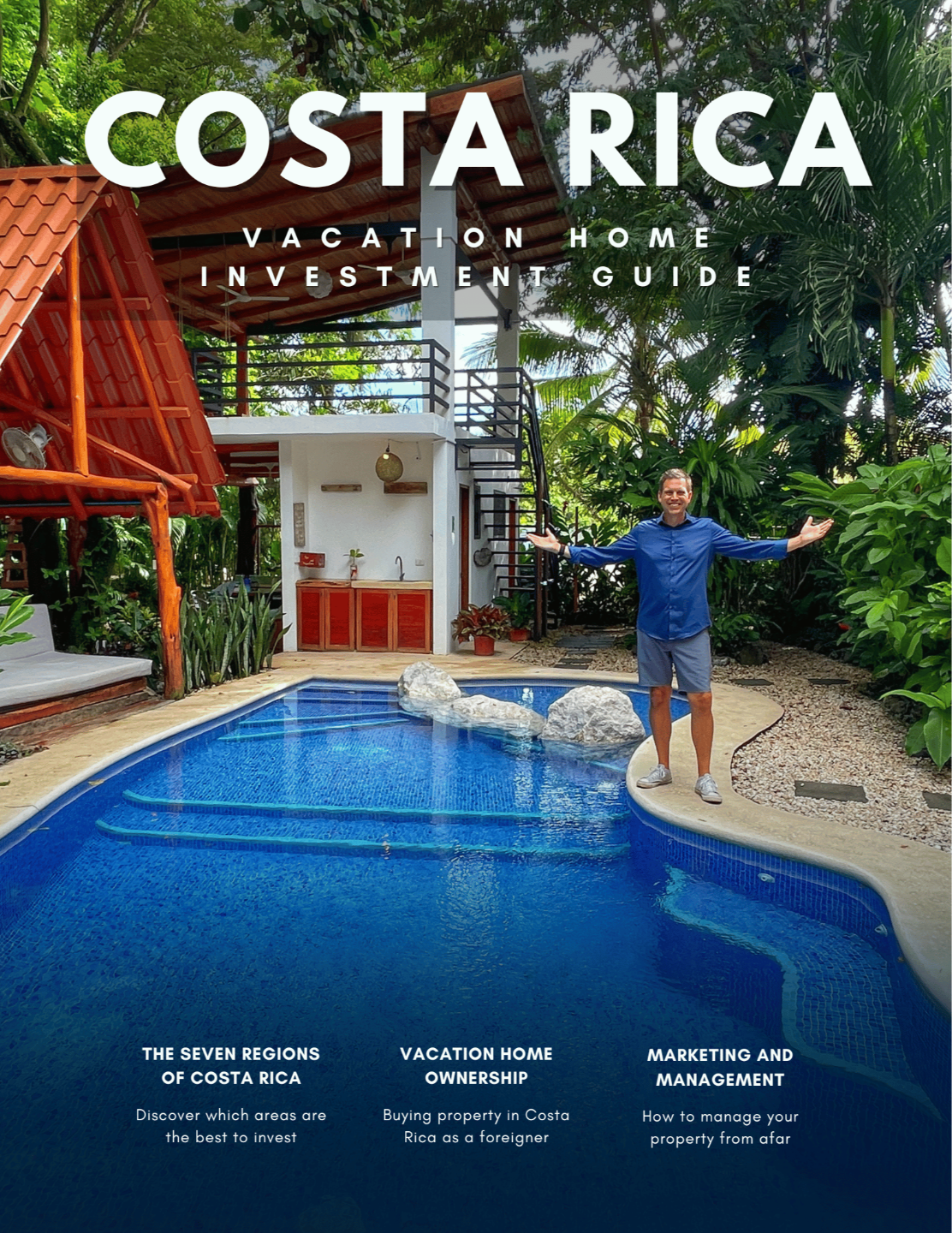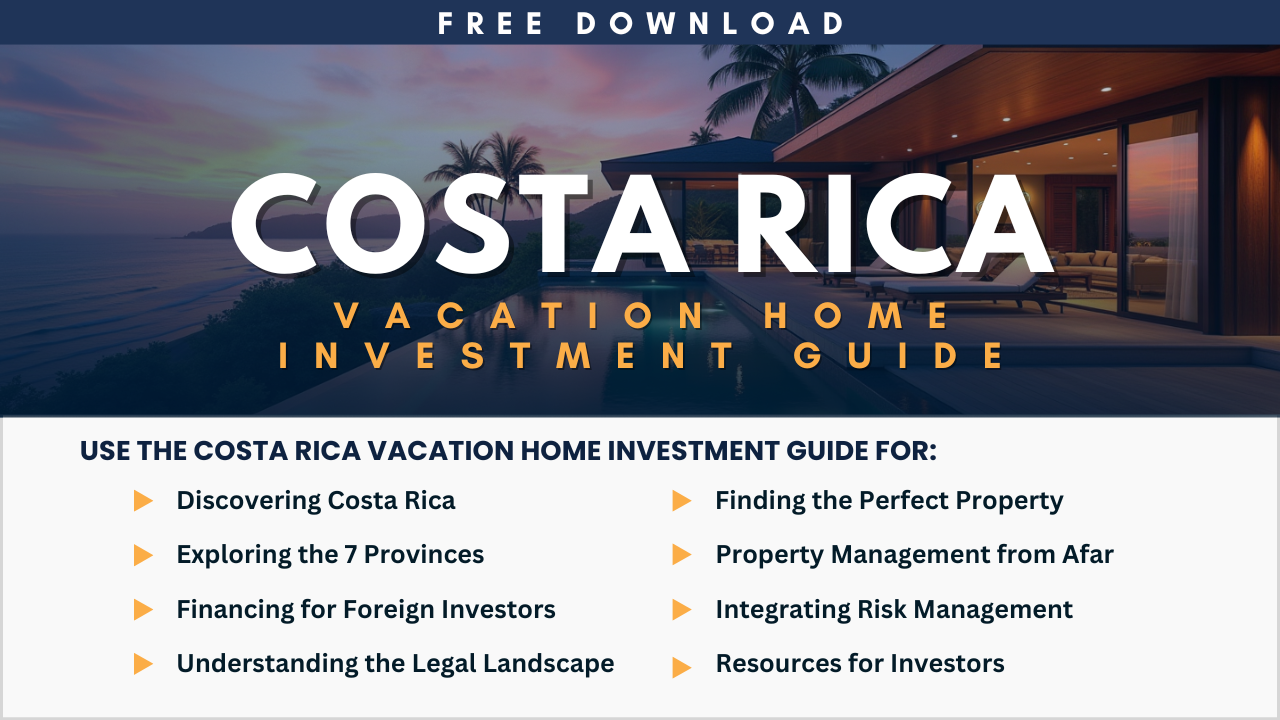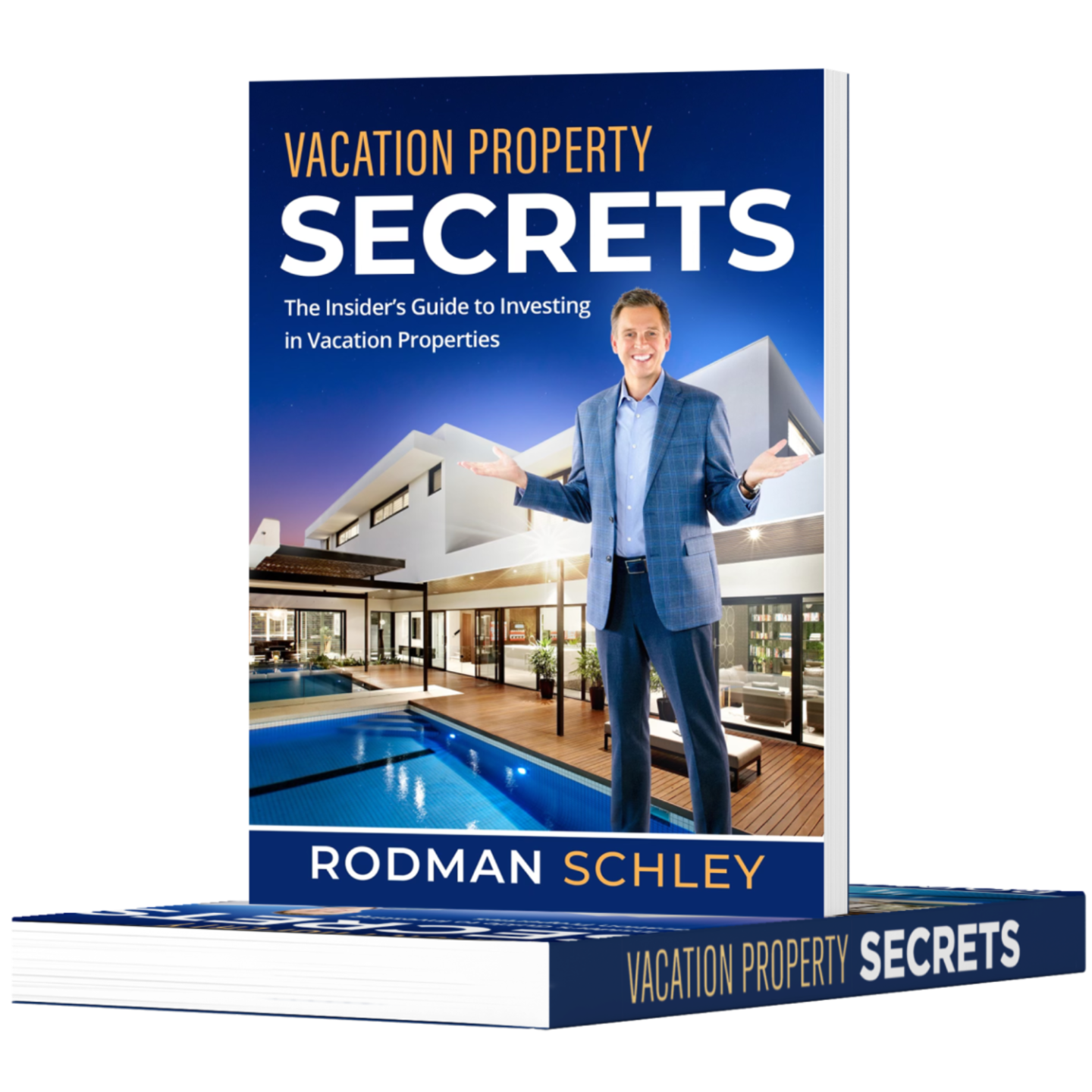
The Role of Operating Expenses in Vacation Rental Cap Rate Calculations
When evaluating the profitability of a vacation rental property, one of the most important metrics you’ll encounter is the capitalization rate (cap rate). While much focus is placed on the rental income generated from the property, an often-overlooked component is operating expenses. These expenses play a crucial role in accurately calculating the cap rate and ultimately determining whether a vacation rental is a sound investment.
In this blog post, we’ll explore the role of operating expenses in the context of vacation rental investments and why they are integral to calculating an accurate cap rate. We’ll also provide strategies for managing these expenses to improve your return on investment.
What Are Operating Expenses in Vacation Rentals?
Operating expenses (OPEX) refer to the costs required to maintain and run a property and generate rental income. These expenses are subtracted from the property’s gross rental income to determine its net operating income (NOI), which is then used to calculate the cap rate.
Operating expenses are typically recurring costs that a property owner must pay regardless of occupancy levels. These expenses include:
- Property Management Fees: Costs for managing day-to-day operations, guest communications, check-ins/outs, and bookings.
- Maintenance and Repairs: Costs for keeping the property in good condition, including cleaning, landscaping, routine repairs, and unexpected maintenance issues.
- Utilities: Expenses for water, electricity, gas, internet, and cable.
- Insurance: Property insurance, liability insurance, and any specialized coverage (e.g., short-term rental insurance).
- Property Taxes: Local taxes based on the property’s value, which are typically annual.
- Marketing and Advertising: Expenses related to promoting the property through websites, social media ads, or listing services like Airbnb and VRBO.
- Supplies and Amenities: Costs for providing guests with essential supplies, toiletries, kitchenware, linens, and any added luxury amenities.
Understanding how to factor these operating expenses into your cap rate calculations is essential for determining the true profitability of a vacation rental.
How Operating Expenses Impact Cap Rate Calculations
NOI, which is the income the property generates after operating expenses, plays a central role in this equation. The higher the operating expenses, the lower the NOI will be, and therefore, the lower your cap rate will be. This highlights the significance of managing your expenses effectively. Here’s how operating expenses directly impact the cap rate:
- Increased Operating Expenses Lower NOI: The more you spend on property maintenance, utilities, and property management fees, the lower your NOI will be, which results in a reduced cap rate. A lower cap rate can indicate that the property may not be as profitable as initially anticipated, or it may signal that the property is priced too high relative to the income it generates.
- Operating Expenses Determine the Property's True Profitability: Without taking operating expenses into account, you might overestimate a property’s true profitability. A high rental income might seem promising, but if your operating expenses are high, your net income (and therefore cap rate) will be significantly lower.
- Impact of High Property Management Fees: If your vacation rental is managed by a property management company, their fees can have a significant impact on the cap rate. These fees usually range from 10% to 30% of rental income, depending on the level of service. If the management fee is on the higher end, it could significantly decrease the property’s profitability.
- Maintenance and Unexpected Costs: Vacation rental properties often require ongoing repairs and maintenance. While you can anticipate routine expenses, unexpected costs such as plumbing issues, appliance breakdowns, or storm damage can arise. These unplanned expenses will affect your NOI and can substantially lower your cap rate if not accounted for properly.
- Marketing Costs for Vacant Seasons: During the off-season or slower months, additional marketing costs may be required to keep the property booked. Advertising on platforms like Airbnb, Vrbo, and Booking.com, as well as running targeted ads on social media, can add up quickly, further reducing your NOI.
Strategies for Managing Operating Expenses and Improving Your Cap Rate
While you can’t eliminate operating expenses entirely, there are several strategies you can implement to manage and reduce these costs, which will directly improve your property’s cap rate. Here are some key tips for improving your return on investment by managing operating expenses:
Use Technology to Streamline Operations
One way to reduce operating expenses is by leveraging technology to streamline property management tasks. Automated tools for booking, guest communication, and property management can reduce the need for expensive third-party services. Additionally, using software to track expenses and generate reports can help you identify areas where you can cut costs.
- Property management software can automate guest check-ins, housekeeping coordination, and even pricing adjustments.
- Smart home devices like thermostats, lighting, and security systems can help reduce utility costs while also improving the guest experience.
Negotiate Property Management Fees
If you are using a property management company, don’t be afraid to negotiate fees. If your property has a strong rental history, you may be able to secure lower management fees or additional services at no extra cost. Compare the services offered by different property managers to ensure you're getting the best value for your money.
Maintain Regular Maintenance Schedules
To avoid costly repairs that could eat into your income, establish a routine maintenance schedule for your property. Regular upkeep can help prevent small issues from becoming major problems. Consider:
- Seasonal inspections: Checking HVAC systems, plumbing, and roofing after heavy storms or seasonal changes.
- Cleaning contracts: Working with a cleaning service that offers routine cleanings at a discounted rate can reduce your overall cleaning costs.
Control Utility Usage
While you can’t eliminate utilities entirely, you can take steps to reduce usage and keep costs down. Here are some simple changes you can make:
- Upgrade to energy-efficient appliances like LED light bulbs, low-flow toilets, and energy-efficient air conditioning units.
- Install programmable thermostats to control heating and cooling based on occupancy.
- Educate guests: Set clear guidelines regarding energy usage in the property, such as turning off lights when leaving or keeping windows closed while the air conditioning is on.
Reduce Marketing Costs
While marketing is crucial to keeping your vacation rental booked, you can minimize costs by leveraging free and low-cost marketing strategies. Consider:
- Building a website: A website can help establish your property’s brand and reduce reliance on third-party booking sites that charge fees.
- Social media marketing: Use platforms like Instagram and Facebook to showcase your property and attract direct bookings without incurring booking site fees.
- Seasonal promotions: Offer discounts for off-season bookings to attract guests during slow months and keep occupancy rates high.
Plan for Seasonal Expenses
Be mindful of how seasonal fluctuations affect your operating expenses. For example, if your vacation rental experiences a drop in income during the off-season, plan ahead by:
- Building an emergency fund: Set aside funds during the high season to cover operating expenses during slower months.
- Adjusting staffing levels: If you rely on cleaning services, maintenance, or property management, consider scaling back staffing during the off-season to save costs.
Conclusion
Operating expenses are an essential factor in determining the profitability of your vacation rental investment. By factoring them into your cap rate calculations, you can ensure that your investment decisions are based on the property’s true potential return, not just its gross rental income. A proper understanding of how operating expenses impact the net operating income (NOI) will help you make informed decisions and avoid overestimating the profitability of a property.
By implementing strategies to reduce and manage operating expenses, you can improve your cap rate, increase your ROI, and ensure long-term success in the vacation rental market. Stay proactive about maintenance, keep a close eye on utility costs, negotiate service fees, and utilize technology to streamline operations. This way, your vacation rental will remain a profitable and sustainable investment.
Ultimately, controlling your operating expenses ensures that you keep more of your rental income, improving your cap rate and maximizing the return on your investment.
Happy investing, and may your vacation rental thrive! For more tips on vacation rental investing and strategies for maximizing your returns, visit the Vacation Property Expert Network at:
👉www.vacationpropertyexpertnetwork.com.







